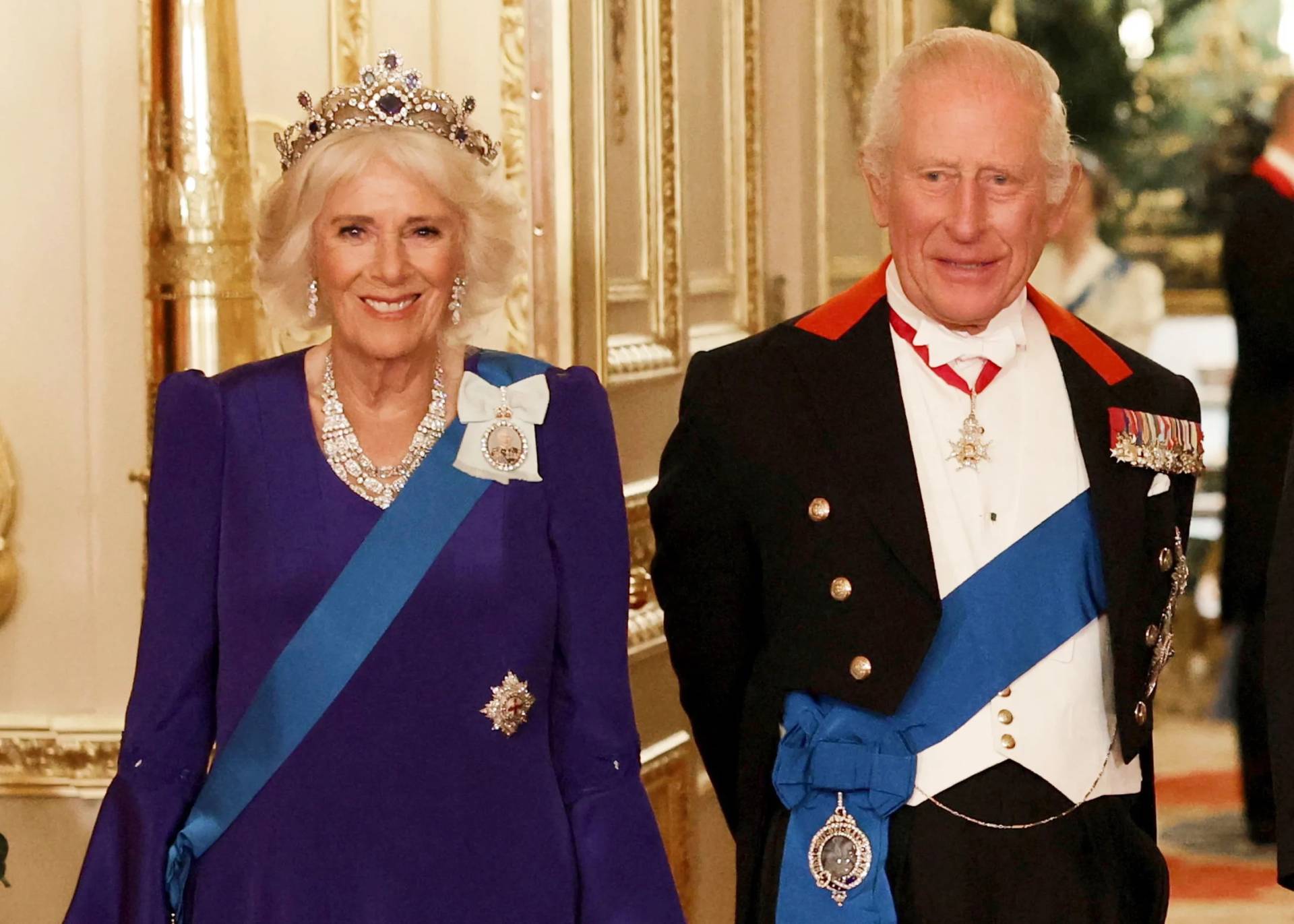LEICESTER, United Kingdom – A British Supreme Court decision to extend civil partnerships to opposite sex couples shouldn’t “deter people from that sacred and life-long commitment” of marriage.
London couple Rebecca Steinfeld and Charles Keidan were refused a civil partnership, since they were only available to same-sex couples.
The Civil Partnership Act of 2004 was passed in order to allow same-sex couples many of the same legal protections offered to married couples.
Civil partnership laws were passed in several jurisdictions in the 1990s and 2000s, giving varying levels of marriage-like rights and protections to unmarried couples, usually dealing with insurance, inheritance and children.
Although often justified as a matter of equality for same-sex couples, they also were often accessible to opposite-sex couples in light of the growing rates of non-marital cohabitation in the Western world. This was not the case in Britain.
Gay marriage was legalized in most of the United Kingdom in 2014 (it remains illegal in Northern Ireland), but same-sex couples could still choose to enter a civil partnership.
However, Steinfeld and Keidan (and other couples) argued civil partnerships do not have the historical baggage of marriage, calling it a “modern, symmetrical institution.”
“For us, a civil partnership best reflects who we are, how we see our relationship and our role as parents — a partnership of equals. We want a civil partnership to cement our commitment and strengthen the security of our family unit,” the couple said in a statement.
The British court on June 27 said limiting civil partnerships to same-sex couples violated the European Convention on Human Rights, since same-sex couples had a choice that heterosexual couples did not.
“The interests of the community in denying civil partnerships to different-sex couples who do not wish to marry are unspecified, whereas the consequences of this denial for such couples may be far-reaching,” said a summary of the ruling issued by the court. “A couple may, for example, suffer serious fiscal disadvantage if one of them dies before their relationship is formalised. There is no end-point in sight for the present inequality of treatment.”
“Today we are a step closer to opening civil partnerships to all, a measure that would be fair, popular and good for families and children across the country,” Steinfeld said after the court’s decision was announced.
“Marriage is a response in love ultimately founded in the call of God who is love. God blesses the marriage bond only when the couple freely and without conditions exchange their consent,” said Bishop Peter Doyle of Northampton, who is in charge of marriage and family life for the Bishops’ Conference of England and Wales.
According to numbers released earlier this year by the Office of National Statistics, there were just over 7,000 Catholic weddings in England and Wales in 2015, as opposed to over 21,000 in 1990.
This reflected an overall trend in the country, where fewer and fewer people are getting married.
“Marriage rates for opposite-sex couples in 2015 were the lowest on record, with 21.7 marriages per thousand unmarried men and 19.8 marriages per thousand unmarried women,” the report said.
There are an estimated 3.3 million unmarried couples cohabitating in the United Kingdom, with few legal protections if they separate.
However, under British law the court ruling does not immediately go into effect, but it puts pressure on the government to change the law.
“We hope that [the Supreme Court’s] ruling does not deter people from that sacred and life-long commitment,” Doyle said.
The bishop added the country “must recognise that family is the building block of a good and strong society.”
“As Ms. Steinfeld and Mr. Keidan state, the commitment between man and woman is also to raise children in a nurturing and fruitful environment, in which the shared parental role is extremely important,” he said.














